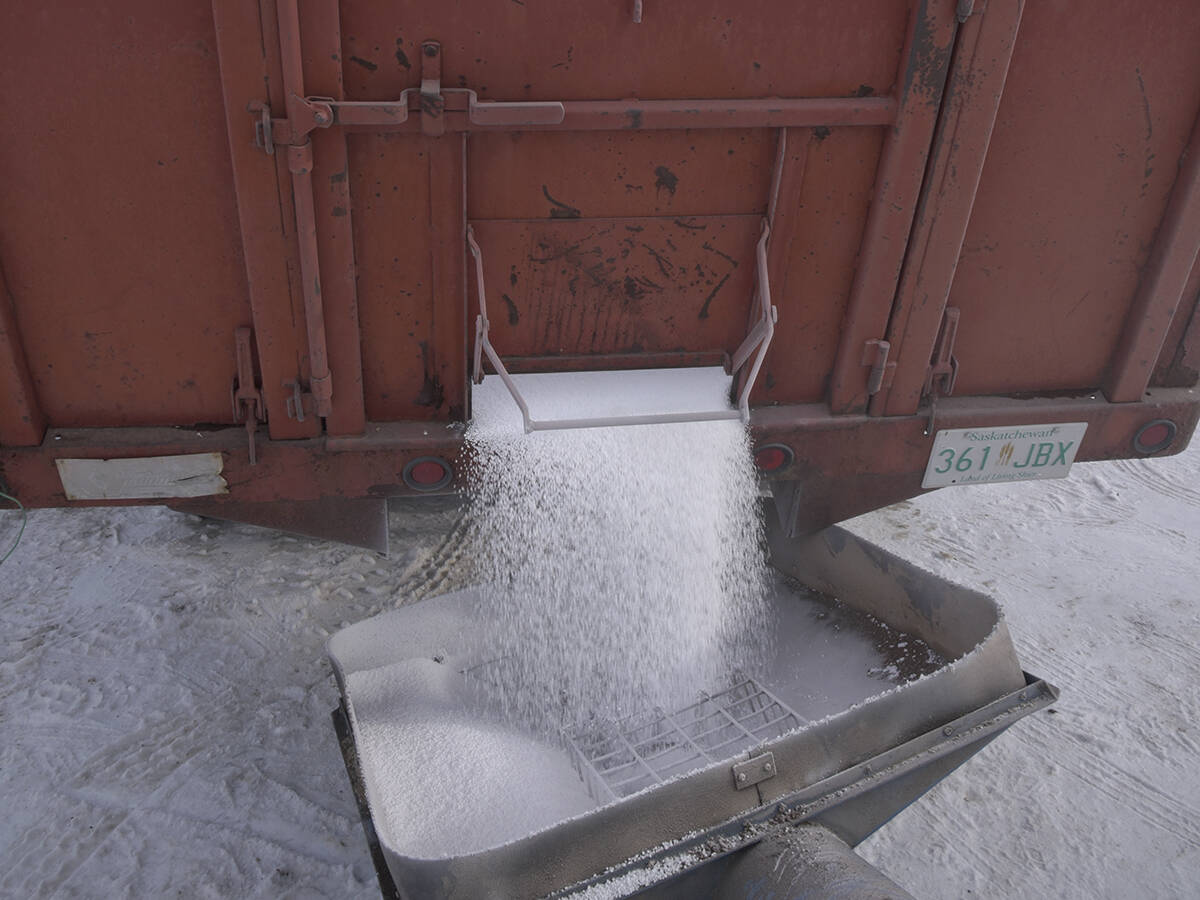Countries that have signed an international treaty governing the movement of GM crops are meeting in Japan this week to discuss what happens if those crops cause damage.
The 160 countries that have signed the Cartagena Protocol on Biosafety are attempting to reach consensus on the issue of liability and redress.
“Really, the big outstanding issue for the biosafety protocol is the liability regime,” said Eric Darier, spokesperson for Greenpeace Canada.
A decision was supposed to be made at the fourth meeting of the parties to the protocol in 2008 but it was postponed until the fifth meeting, which is taking place this week in Aichi-Nagoya, Japan.
Read Also

Urea prices heading higher: analyst
A fertilizer market analyst thinks urea prices have bottomed out and are heading higher through the first quarter of 2026.
Developing countries are intent on establishing legally binding rules governing GM contamination, while developed countries like Brazil and Japan are reluctant.
Canada and other key grain exporting nations haven’t ratified the agreement so they will be in Japan only as interested observers. Decisions made at the meetings could add risks and costs to grain shippers and the farmers who supply them.
Darier said there are three options. The first is an industry proposal for self-regulation, which he claims would make it difficult for victims of contamination to receive compensation.
The second proposal, put forth by Greenpeace and other environmental non-governmental organizations, calls for a strict regime where exporters and exporting countries would be fully liable for damages.
A compensation fund would be established by exporters in case of a major disaster, similar to what the oil industry has in place for spills.
The third solution is to allow each country to apply its own liability regime.
Darier thinks that is the most likely option but Greenpeace doesn’t agree with placing the burden on importing countries and is wary of an agreement that only applies to national territories and ignores the oceans, which could be polluted by products like genetically modified salmon.
The Secretariat of the Convention on Biological Diversity issued a news release saying it expects a supplementary protocol on liability and redress will be adopted in Japan.
Darier agreed there could be a deal in place by the end of the negotiations.
“I think it’s fairly close,” he said.
It would be up to the parties to decide when the policy would be implemented. Darier suspects it could happen quickly in wealthy countries but may take longer in developing nations.
Even though Canada hasn’t signed the protocol, Canadian exporters would have to comply with any liability regime adopted by importing countries, he said.
Greenpeace said there have been 27 GM contamination incidents so far in 2010.
Dennis Stephens, consultant with the Canada Grains Council, was contacted for this story but was unavailable to comment.















